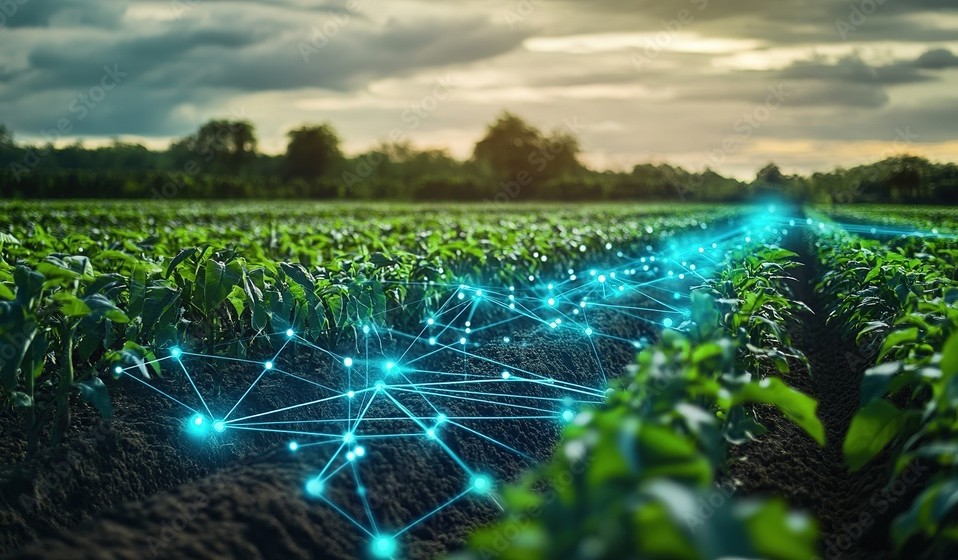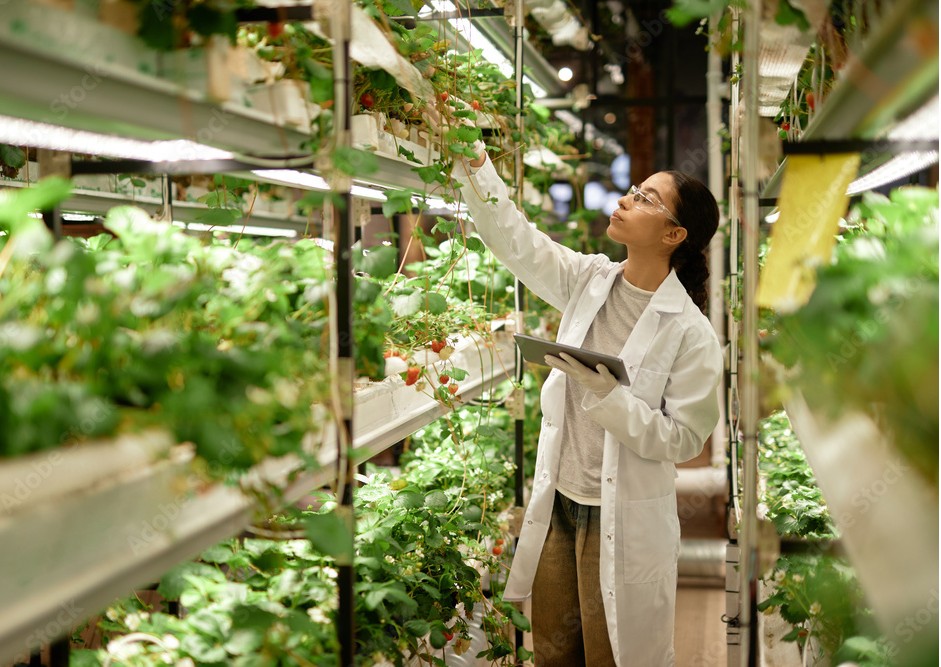Azolafam Ltd.: 5th March. 2025 { https://www.azolafam.com/ } Introduction: Agriculture is the backbone of many economies,…
Azolafam Ltd.: 4th May, 2025 { https://www.azolafam.com/ }

The world is facing a significant challenge in feeding its growing population, projected to reach 9.7 billion by 2050. To meet this demand, agricultural production needs to increase by 50%. Agricultural biotechnology is emerging as a vital tool to address this challenge. By harnessing the power of genetic engineering, biotechnology can improve crop yields, enhance nutritional content, and increase resistance to pests and diseases.
Benefits of Agricultural Biotechnology

Applications of Agricultural Biotechnology

The Future of Farming
Agricultural biotechnology holds tremendous potential to transform farming practices, enabling farmers to produce more with less. As the global population continues to grow, embracing biotechnology can help ensure food security, reduce environmental impact, and promote sustainable agriculture.
Conclusion
Agricultural biotechnology is poised to play a critical role in shaping the future of farming. By leveraging genetic engineering, marker-assisted selection, and gene editing, we can develop crops that are more resilient, nutritious, and sustainable. As we move forward, it's essential to continue investing in biotechnology research and development to unlock its full potential and ensure a food-secure future.